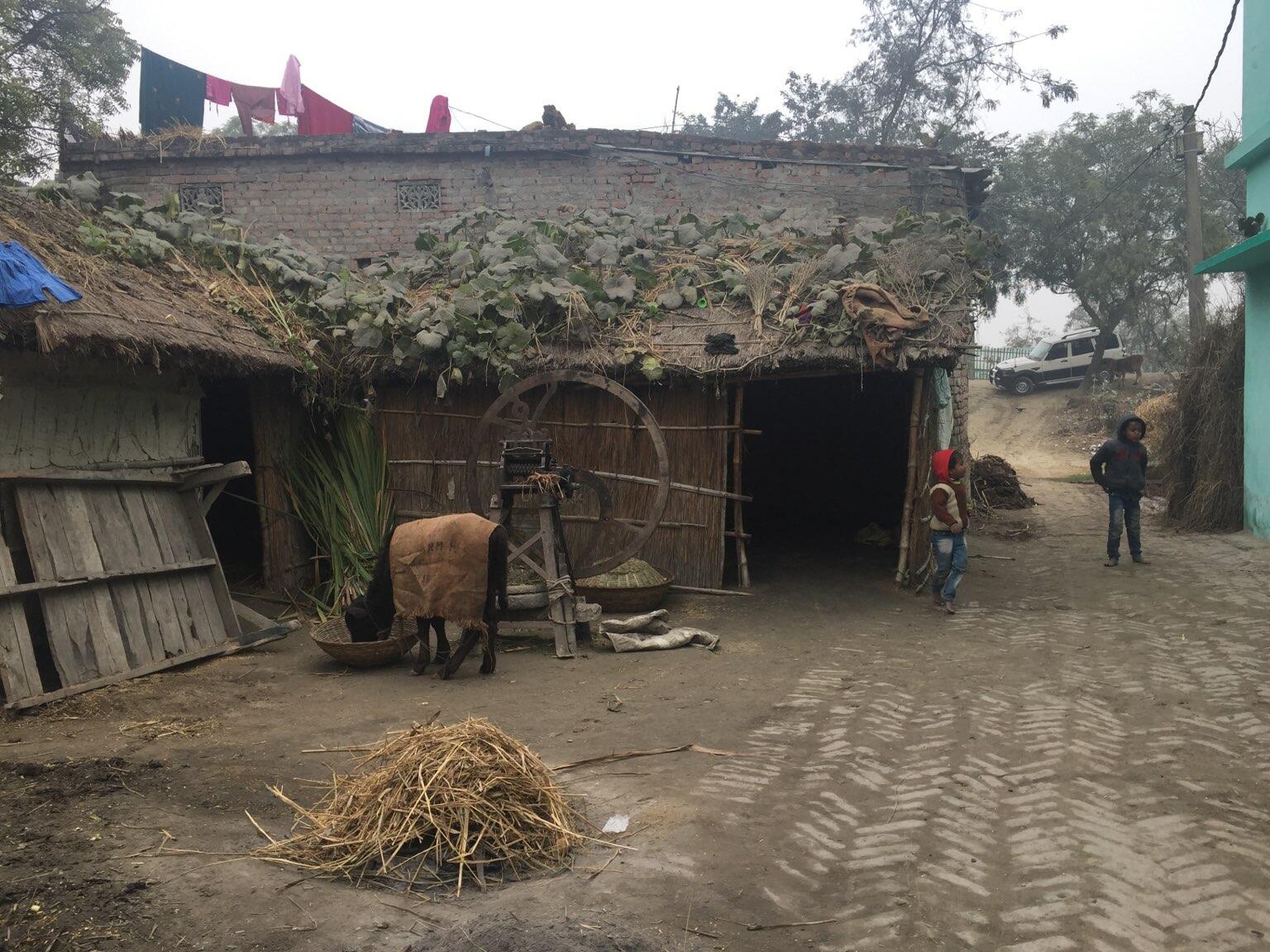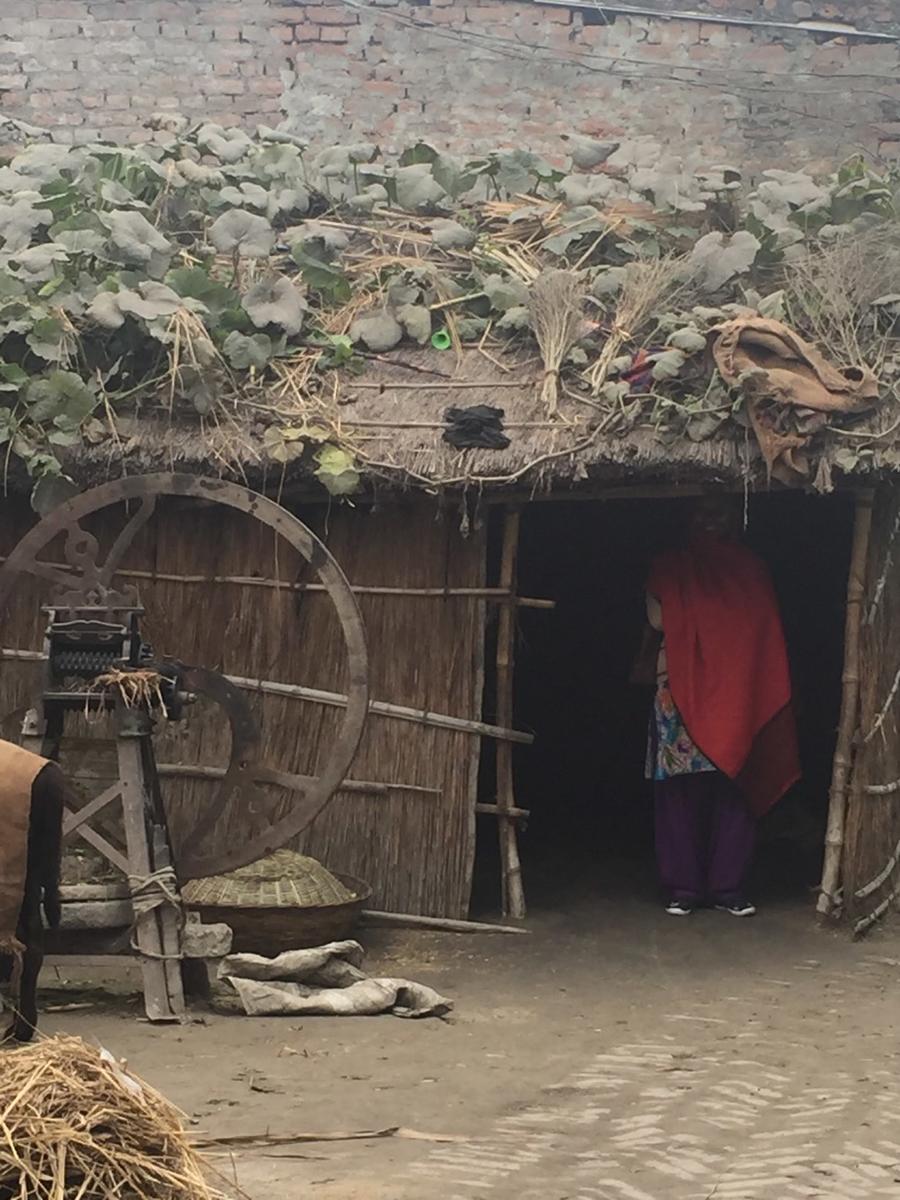
LSTM researchers, led by Professor Joseph Valadez and Nancy Vollmer, have published a study in PLOS ONE exploring the role of interviewer gender on a mother’s response to household surveys about maternal and child health in traditional settings in Bihar, India.
The team reviewed two probability surveys that were conducted in the same districts of Bihar, at approximately the same time in 2016, which were conducted using identical questionnaires and similar survey methods. Yet one survey used male interviewers, whilst the other used women, to interview mothers of children aged 0-59 months living in traditional rural settings. The team set-up 10 focus group discussions and 33 in-depth interviews involving the mothers, fathers, in-law family members, frontline healthworkers from the 2016 surveys. The in-depth interviews and focus groups identified a preference for female interviewers for the household surveys as they facilitated access to mothers and reduced their discomfort as participants. However, this was dependent on the study questions being asked by the interviewers. Most mothers were not permitted to communicate with men about topics such as birth preparedness, menstruation, contraception, breastfeeding, sexual behaviour and domestic violence especially those in higher caste families. Yet this contrasts with topics on child-related issues, as women were willing to discuss these with both male and female interviewers.

Lead author Professor Joseph Valadez said: “There is an increasing awareness of the effect of cultural settings on public health research and practice, and there has been a growing interest in understanding whether sociodemographic characteristics of interviewers affect the accuracy of survey data. In our study, we have shown that interviewer gender should be an important consideration when designing survey protocols for maternal and reproductive health studies, especially in traditional settings such as Bihar. We have demonstrated that participants are more likely to provide accurate information on sensitive topics when being interviewed by a female.”
The team identified three main interconnected themes reflecting social and gender norms that affect a mother’s ability to discuss gender-sensitive matters with a male interviewer, in particular women have limited agency to communicate with men about personal issues, communication on personal issues is influenced by caste and interviewer gender effects are associated with survey topic.
Vollmer N, Singh M, Harshe N, Valadez JJ (2021) Does interviewer gender influence a mother’s response to household surveys about maternal and child health in traditional settings? A qualitative study in Bihar, India. PLoS ONE 16(6): e0252120. https://doi.org/10.1371/journal.pone.0252120